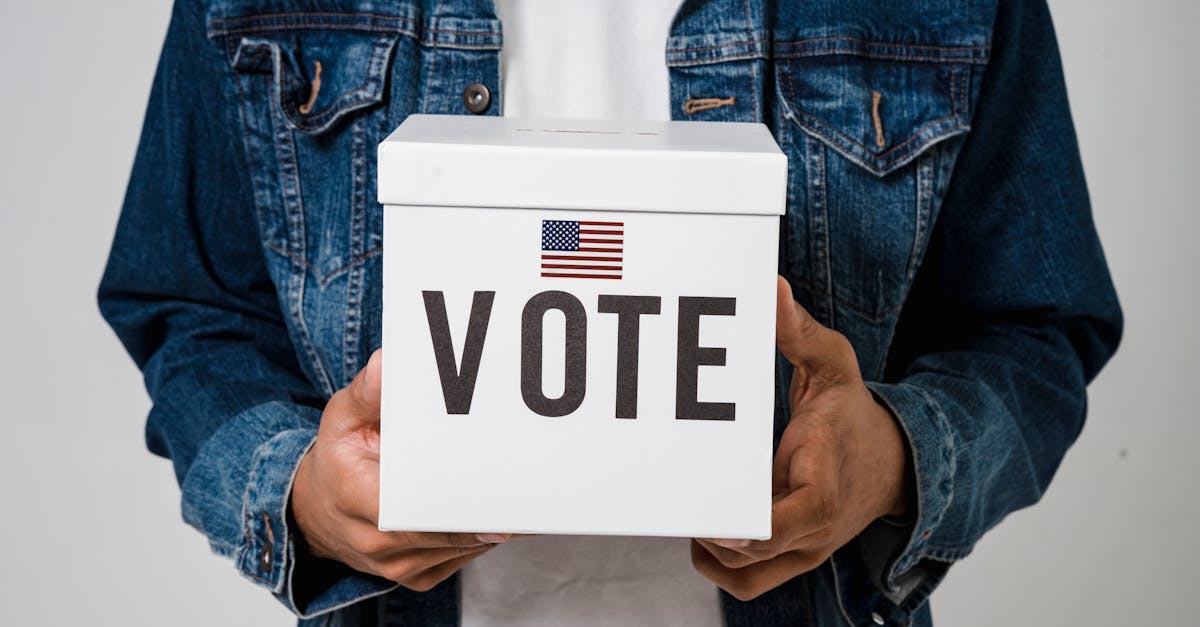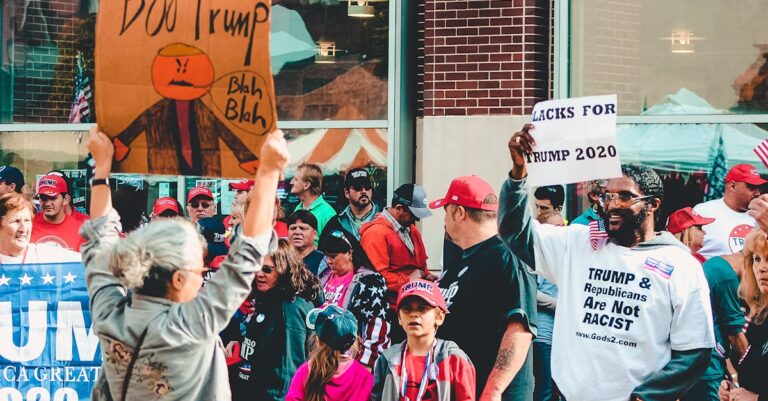
In the realm of politics, voter suppression and book bans have emerged as contentious issues that can have far-reaching consequences on democracy and freedom of expression. While these practices may seem unrelated on the surface, a closer look reveals a troubling connection between the two. This article explores the intersection of voter suppression and book bans, focusing on how local, county, and Saint Johns tactics are employed to control information and shape public discourse.
Voter suppression has a long history in the United States, dating back to the early days of the republic. While overt forms of disenfranchisement, such as poll taxes and literacy tests, have been outlawed, more subtle tactics continue to be used to limit access to the ballot box. From strict voter ID laws to aggressive purges of voter rolls, efforts to suppress the vote persist in many parts of the country.
At the same time, book bans have also become a flashpoint in the culture wars, with school boards and local officials seeking to restrict access to certain books deemed controversial or objectionable. Whether it’s classic novels dealing with themes of race and identity or contemporary works addressing LGBTQ+ issues, books have increasingly come under attack from conservative groups and individuals.
The link between voter suppression and book bans lies in their shared aim of controlling information and stifling dissent. By limiting access to diverse voices and perspectives, these tactics seek to maintain the status quo and suppress alternative narratives that challenge the prevailing power structure. Local officials, county boards, and institutions such as the Saint Johns School District have been at the forefront of these efforts, implementing policies that restrict access to information and marginalize certain groups within society.
In the context of local politics, county governance, and institutions like Saint Johns, the impact of voter suppression and book bans can be particularly pernicious. By manipulating the flow of information and controlling the narrative, officials can shape public opinion and influence electoral outcomes in their favor. This erosion of democratic principles threatens the very foundation of our political system and undermines the rights of citizens to participate in the democratic process.
As we confront the challenges of voter suppression and book bans in our society, it is essential to recognize the insidious link between these tactics and their broader implications for democracy and freedom of expression. By shedding light on the strategies employed at the local, county, and Saint Johns levels, we can work towards dismantling barriers to information access and protecting the fundamental rights of all individuals to engage in civic life.
In conclusion, the intersection of voter suppression and book bans represents a troubling trend in our political landscape, with implications that extend far beyond the ballot box or the library shelves. By addressing these issues head-on and advocating for transparency, accountability, and inclusivity in our political processes, we can strive towards a more equitable and democratic society for all.








OMG, like why are they banning books and messing with voters?? That’s just not cool, man. Everyone should have the right to read what they want and vote for who they want. It’s like they’re trying to keep us
Wow, because nothing says democracy like suppressing voters and banning books, right? I mean, who needs diverse perspectives and alternative narratives when you can just stick to the same old status quo? It’s not like hearing different voices and challenging power structures is important for a healthy society or anything. But hey, let’s just keep manipulating information and controlling the narrative to benefit a select few. Sounds like a great plan for a
Voter supression and book bans are very bad things. They stop people from having their voices heard and they stop people from reading new things and learning new things. It’s like they want to keep us all in the dark. We need to fight against this and make sure
WOW THIS IS A LOT TO TAKE IN. LIKE, VOTER SUPPRESSION IS BAD, YEAH? AND BOOK BANS, LIKE, WHAT? WHY WOULD ANYONE WANT TO BAN BOOKS? THAT’S LIKE, NOT COOL, MAN
wow this is a real big issue politicians should not makin it hard for peple to vote that not cool man everybody should have the chance to cast their vote